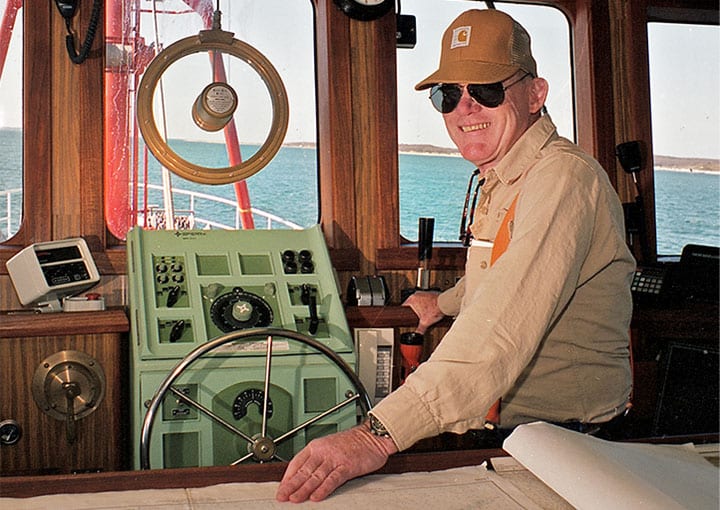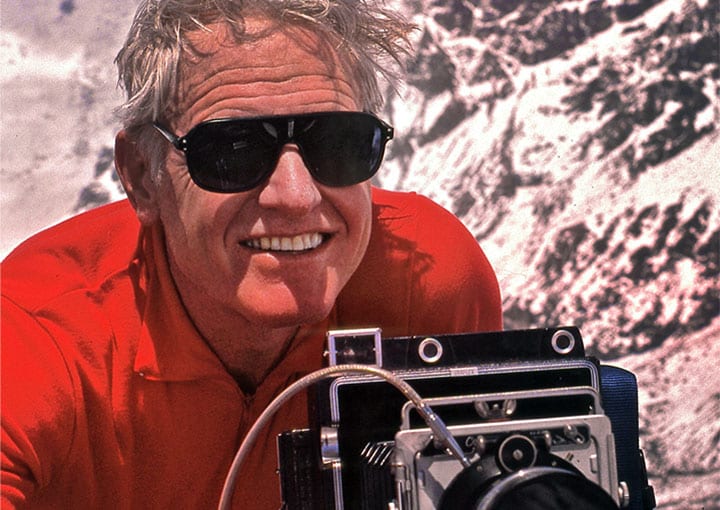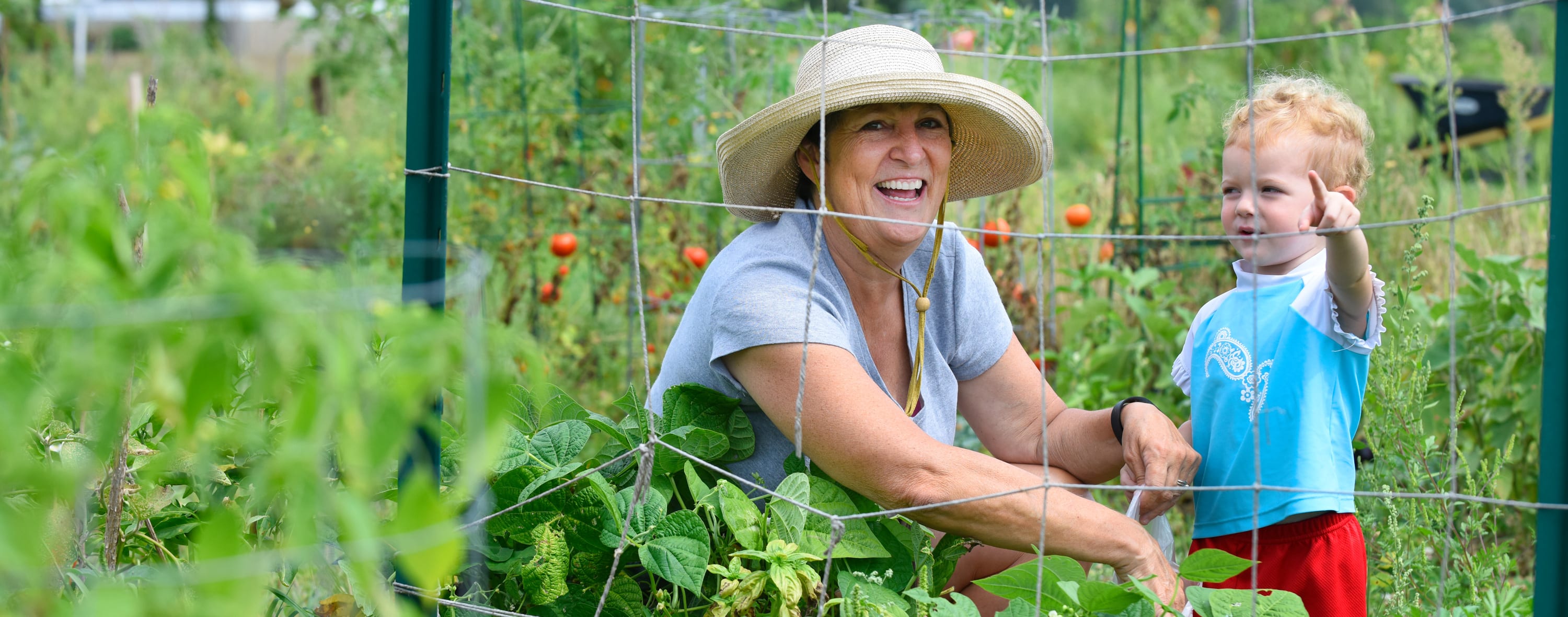History
60 years ago, two brothers with adventuresome spirits and a willingness to take risks began a philanthropic endeavor. It took several years and numerous conversations with trusted friends and advisors to find their own way of doing things, but once they did, they committed to “underwrite worthy, imaginative projects” that would have a real impact on the issues they cared about.1 They determined that they were interested in action more than research and sought to “nourish talent rather than to select projects and pay for the solutions.”2 While some aspects of today’s grantmaking have changed, their priorities live on in the style and values of the foundation to this day.
The Henry P. Kendall Foundation is a legacy of its namesake, an early twentieth-century New England entrepreneur and industrialist (1878-1959) from Walpole, Massachusetts. Kendall’s wide-ranging, venturesome business instincts led to acquisitions of factories and companies through the company that bore his name, The Kendall Company.
Henry W. and John P. Kendall established the Norfolk Charitable Trust in 1957. Following the death of their father in 1959, they changed the name to the Henry P. Kendall Foundation in his honor. The Kendall Foundation began an emphasis on environmental concerns in the early 1970s by supporting land, water and wildlife conservation. A decade later, as the threat of nuclear war persisted into the 1980s, the Foundation focused on nuclear non-proliferation and arms-control activities. One of its grantees, International Physicians for the Prevention of Nuclear War, was awarded the Nobel Peace Prize.


John P. KendallHenry W. Kendall
In 1999 the Foundation initiated a climate change program when it created a new organization, Clean Air-Cool Planet, to focus specifically on steps to address accelerating greenhouse gas emissions. The Foundation began to expand its climate change program to support a wide-range of organizations, predominantly those with directed efforts in the Northeast region, and in 2006, re-oriented its focus to strategies for reducing greenhouse gases and developing early steps for adapting to the impacts of global warming on the landscape.
In 2009, the Trustees decided to take time to reflect on the Foundation’s history and determine a new direction for its grantmaking and associated activities. After a period of reflection, planning, and outreach, the Foundation began launching its new program in 2011 focused on a sustainable and resilient food system in New England.
Our goal: to create a resilient and healthy food system in New England that increases the production and consumption of local, sustainably produced food.
1 Quote pulled from A Quiet Partner, by Philip Cantelon, 1999
2 From a letter by JPK to HWK, 1959
